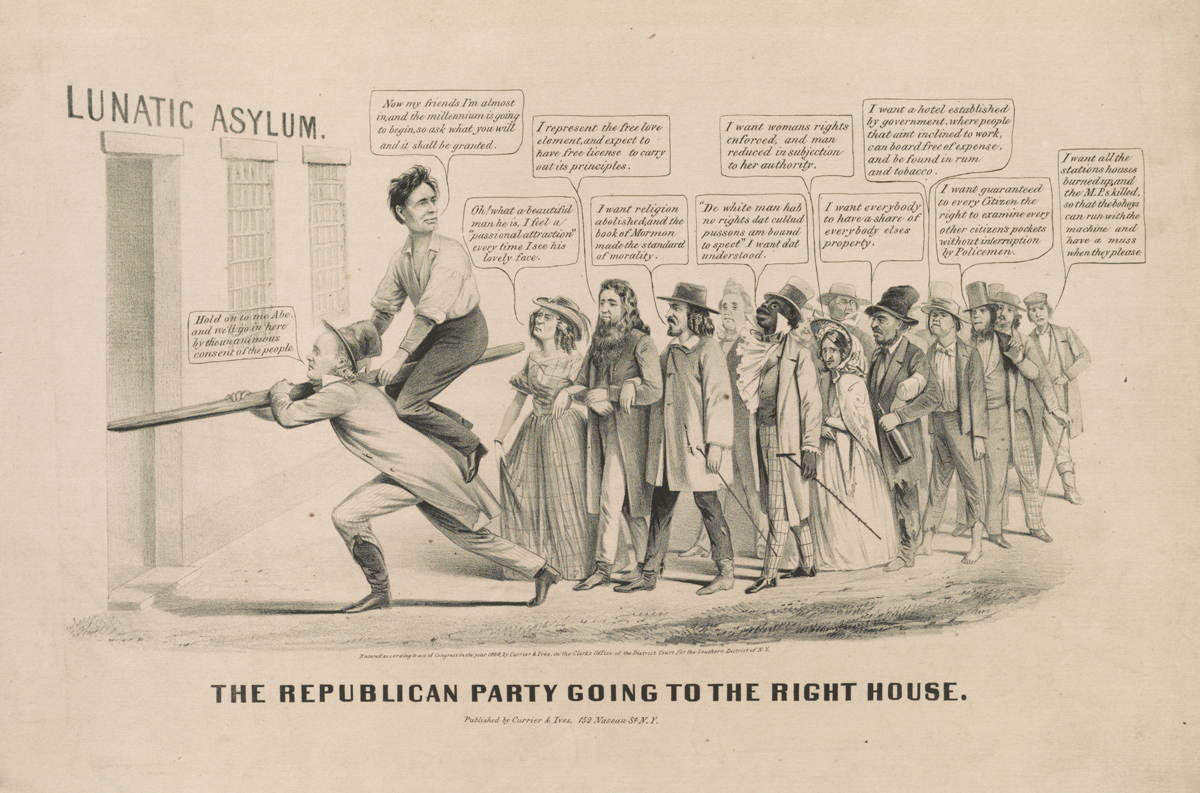The United States presidential election of 1864 would prove to be just as important a turning point in the American Civil War as any battle. Few understood this better than the political and military leaders of the Confederate States. President Jefferson Davis and General Robert E. Lee had long planned to wear down the United States’ will to fight as their strategy for victory, but in 1864, the Confederate military could no longer take the war to their enemies. They looked forward, instead, to Lincoln’s defeat in his contest against the Democratic candidate. How did they attempt to influence the election? What did they do after their preferred candidate lost? Find out more in the latest installment of our Battling Ballots series.
The 2020 Presidential election season is momentous. It turns not only on generation-defining issues, but also on the pure mechanics of voting. Will voters in a pandemic show up to potentially crowded polling places? Will the United States Postal Service deliver mail-in ballots in time? In some states, who is even an eligible voter is disputed.
The American Civil War has proven to be the pivotal moment in the transformation of American voting rights, if not the actual mechanics of voting. The 14th and 15th Amendments changed everything. Yet in some ways, nothing changed at all. Still, the United States that approached the presidential election of 1860 differed remarkably from that which elected a president in 1872.
To appreciate the changes, the American Civil War Museum is introducing a series about voting in the era of America’s greatest conflict.
This series will highlight key electoral moments, from the familiar to the unfamiliar, and will illuminate how deeply passionate Americans have been about political participation, about who gets to participate at all, and who gets to decide.
